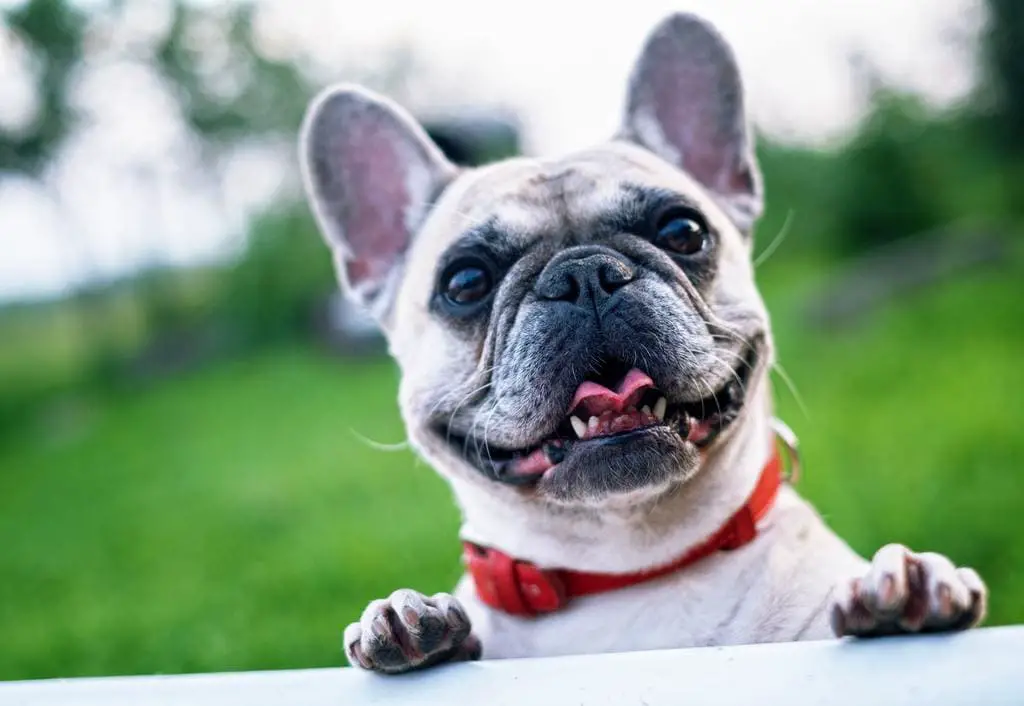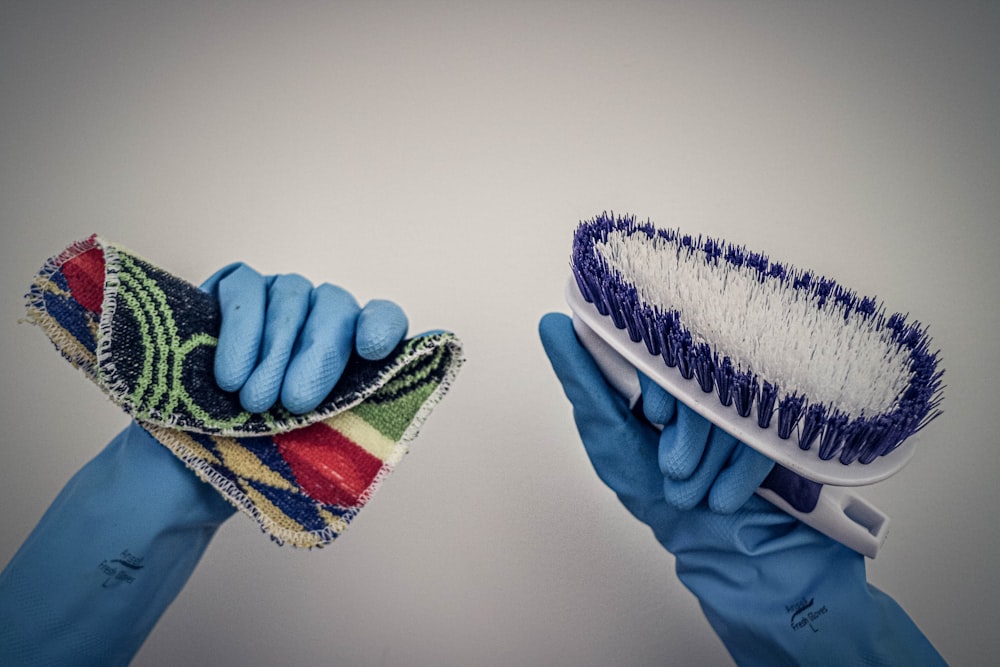Are you potty-training your puppy but can’t get it to poop outside? Or has your dog been house-trained, but suddenly it seems as if all the training has been in vain? With both scenarios, the question arises whether a dog can be completely potty-trained, and if so, whether it lasts for life.
Various factors contribute to a dog being resistant to pooping outside, including the odor from a previous mistake, tall grass, other pets, or a change in their environment. Sometimes, however, circumstances, like age, trigger a behavioral regression in potty-trained dogs. You can train a dog to always poop outside the house if you can figure out what’s holding them back.
In this article, I’ll explore issues that could keep your puppy from learning to poop outside. I’ll also try to find the factors which could lead to behavior regression in house-trained dogs. Where possible, I’ll share solutions offered by veterinarians.
Environmental Issues
As your dog’s human partner, you have to keep your house as “poop-unfriendly” as possible and make the outside environment as poop-friendly as you can. By doing this, you make the potty-training process easier and sustainable.
The Odor from Previously Messing in the House
One possible reason your puppy doesn’t want to poop outside is it experiences the house as the natural place to defecate. It is not instinctive for a dog to relieve itself outside if it is living with its human family in the house — the only natural thing for a dog to avoid defecating where it sleeps (source).
Dogs are in the habit of defecating where they can smell that they have relieved themselves in the past. Your puppy will most likely keep on doing this in the house if the smell of its previous mess is not completely removed. And when its bowels have already been emptied in the house, it has nothing left for outside.
By eradicating the smell with a mild disinfectant, you might erase the puppy’s memory of messing in the house. As soon as you see that it is looking for a new place to poop, take your puppy outside. Be patient, and success will follow in time.
A house-trained dog who suddenly doesn’t want to poop outside might have had an “accident” in the house. If the smell hasn’t been removed, your dog could interpret it as a more comfortable place to use the bathroom.
Remove the mess and smell every time and keep following your going-out-to-poop schedule with your dog. With a lot of patience, your dog should, in time, return to its previously trained behavior.
Not so Dog-Friendly outside Surfaces
The reason your dog won’t poop outside could also be found in the outside environment. According to veterinarians, house soiling can be caused by fear of the outside relief area (source).
The grass could, for instance, be too long for the dog to comfortably relieve itself, especially when it is a small breed or a puppy. Your home’s floor is more attractive than long grass! Try to find surfaces where your dog feels comfortable to relieve themself.
Other Pets Are Relieving Themselves in the House
If your cat is using a litter box in the house, the smell of the litter box could entice your dog to also use a place nearby to poop. Again, if the bowel has already been emptied in the house, taking your dog out after an incident is useless.
Keep the litter box as odorless as possible and put it in a place where the dog can’t access.
New Environment or Schedule
Soiling in the house after your dog has been potty-trained is a behavioral problem that could be caused by a change in your daily schedule, especially moving to another house. Dogs in a state of anxiety might start to poop in the house again (source).
Your dog could feel unsafe in the new environment and prefer to relieve itself where it feels secure. Apart from cleaning every time, the most effective way to rectify this is to spend a lot of time outside with your dog.
Don’t worry if your dog only plays or walks outside without pooping. The sooner the environment becomes more familiar, the sooner your dog will relieve itself outside again.
Attention Issues
You have to ensure that your dog is always getting enough attention, even in difficult circumstances. The easiest way for a dog to get your attention when neglected is to regress to unacceptable behavior like house-soiling.
Competing with Other Pets or Children for Attention
When there are other pets or young children in the house, your dog must compete for attention. If you make a fuss when “accidents” happen in the house, your dog experiences it as attention, even if it is a reprimand.
If pooping in the house doesn’t lead to an interaction with your dog, your going-out-to-poop sessions would be received more favorably. Read more about this in the article, “How Often Should I Take My Dog Out?“
Separation Anxiety
Among dog owners’ common complaints is that their apparently potty-trained dogs defecate in the house when left alone — a possible indication that the dog has separation anxiety (source).
A vicious cycle then develops — as a result of the stress, your dog defecates in the house; you are not there to clean up immediately, and the dog poops again in the house. Relieving itself outside becomes irrelevant.
To rectify this is not easy. Counterconditioning could resolve the problem. This is a process that changes your dog’s anxious reaction to a pleasant, relaxed one. It’s done by associating the absence of the “human family” with something desirable, like a special food reward.
Over time, the dog might learn that the absence of loved people actually predicts something good, and it then returns to the house-trained procedures of pooping outside.
Health Issues
Different health problems affect a dog’s bowel-control. One of the less known conditions is canine cognitive dysfunction (CCD). This is a condition much like Alzheimer’s disease in humans. Your dog forgets previously learned behavior, including waiting to be outside before pooping.
To try rectifying this condition, the drug Anipryl could be used for “old dog syndrome.” In some cases, the dog returns to previously learned house-training procedures (source).
It is also possible that your puppy or trained dog physically cannot wait to be taken outside when its bowel movement starts. If you suspect that your dog has bowel problems, take it to the veterinarian. The correct diagnosis and treatment could solve your dog’s house-pooping problem.
Final Thoughts
It is not so rare for puppies to take long to potty-train or for already trained dogs to regress. Have patience and keep to your schedules and training program. Ensure that the environment outside your house is dog-friendly and give your dog enough rewards when it is pooping outside. Finally, keep your dog healthy and give it plenty of love and care.




0 Comments